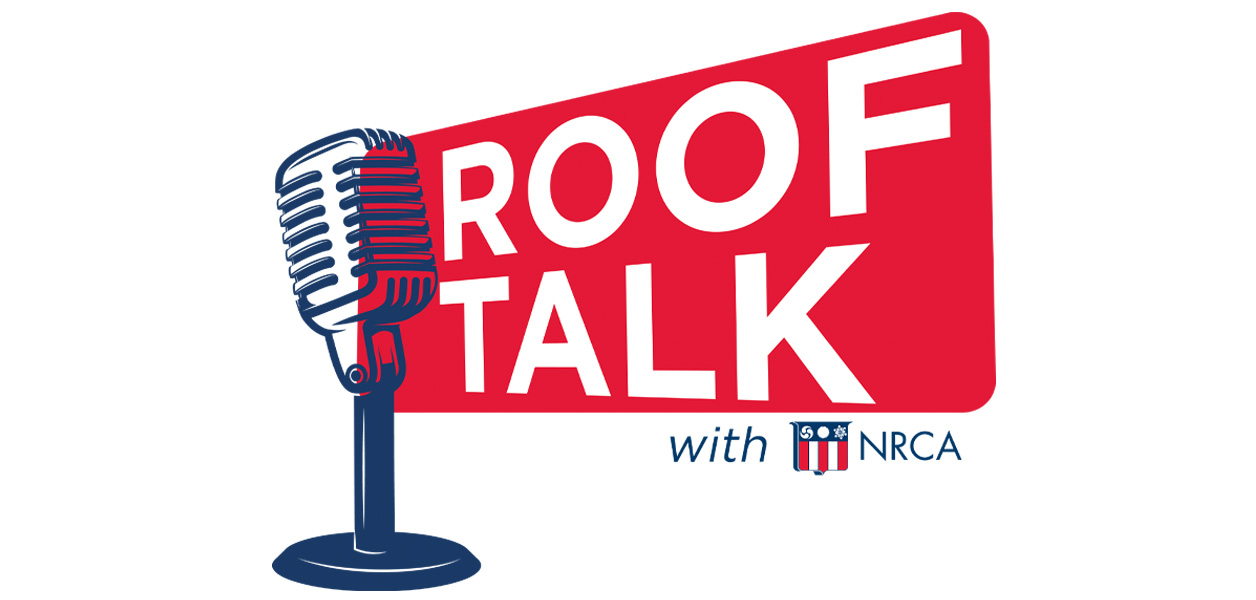In a survey of more than 1,000 human resources professionals and risk professionals in the U.S., respondents noted several concerns related to ineffective leadership at their workplaces, according to HR Dive. The May 23 report from Mercer and Marsh shows about 35% of respondents said they are concerned ineffective leadership will lead to a negative culture or work environment, tense team dynamics and mistrust.
About a third of respondents said they are concerned about significant dependence on key people and inadequate succession planning, and only about 30% said they have an effective workforce strategy to acquire, grow and deploy workers based on skills.
HR and risk leaders also highlighted people risks linked to increasing health and benefit costs, a lack of cybersecurity knowledge and mismanagement of artificial intelligence.
“The breadth and depth of intersecting risks organizations face today is staggering,” said Susan Potter, Mercer’s region president for the U.S. and Canada, in a statement. “People are an organization’s most important asset, but they can also expose organizations to risk without the right culture, policies and training.”
A UKG Workplace Institute poll shows managers may influence employees’ mental health more than doctors or therapists and about the same as a spouse or partner; workers said the stress negatively affects their home life, well-being and relationships, and most said they would take a pay cut for a job that better supports their mental health.
Additionally, a Perceptyx report shows about a quarter of employees say they are working for the worst manager they have ever had, pointing to “bad boss” behaviors such as being unresponsive, unsupportive and disrespectful.
To help overcome these challenges, the Mercer and Marsh report implies a skills-based focus can help with talent acquisition, growth and retention; in-house training, apprenticeships and other nontraditional approaches to training can be useful.




